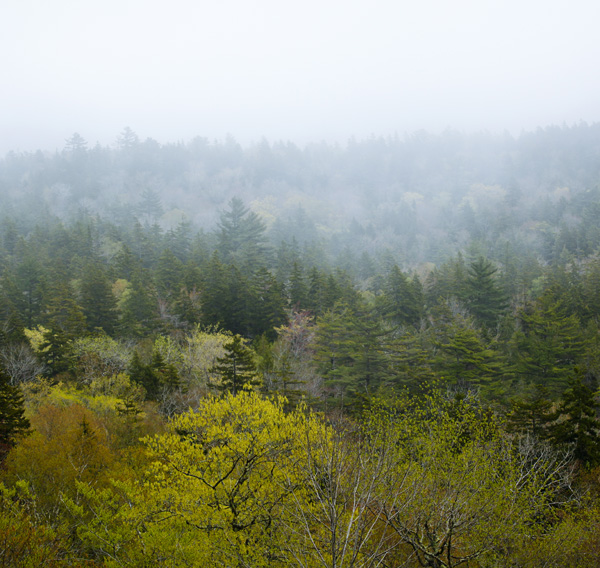
Silviculture and production ecology of the Acadian forest
Maine’s forests have reached a stage of unprecedented importance to the state’s residents, but are also experiencing natural (climate change, introduced pests) and anthropogenic (harvesting, air pollution) stresses with no historical precedent. These forests cannot simply be exploited economically for forest products without serious reductions in their ability to sustain all the values society has become accustomed to them providing. Scientifically based silviculture is the key to ensuring this sustention, yet many contemporary harvesting and management practices lack such a basis. Eastern white pine is well adapted to a warming climate, and remains a signature species of Maine’s forest industry, but the pine resource is changing (maturing) such that historical research has less relevance. Ecologically based forestry, founded on the age-old principle that “nature knows best”, is a relative new concept that offers promise for maintaining robust forests in the presence of these stressors, but its key premise – emulating natural disturbances with silvicultural systems – remains largely an untested hypothesis. Partial harvesting systems — implemented by modern timber harvesting technology involving ever-larger and more powerful machinery – currently dominate practice almost completely. Such patterns have no natural precedent, yet are profoundly impacting future productivity of nearly half a million acres per year. This research will inform forest managers’ strategies for dealing with all these issues, and if successful, lead to improvements in practice that will sustain a more productive Maine forest.
